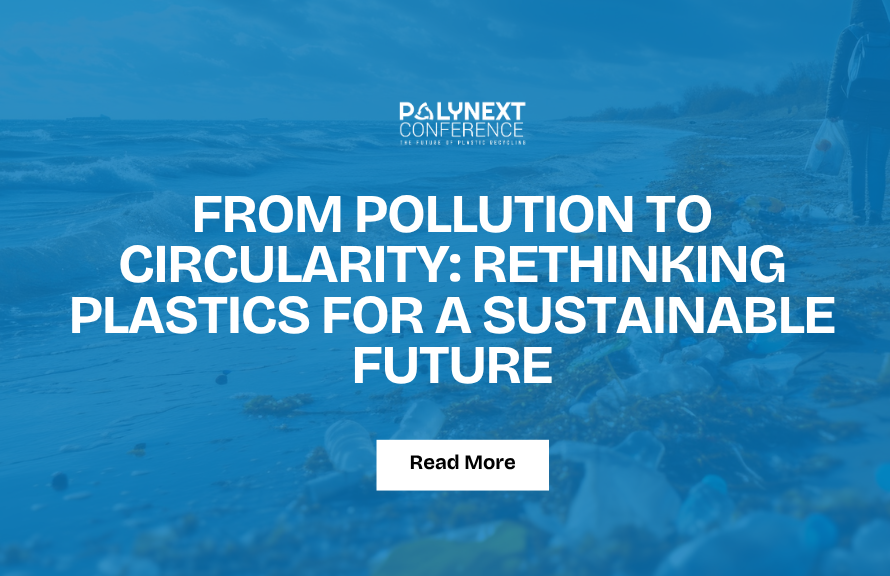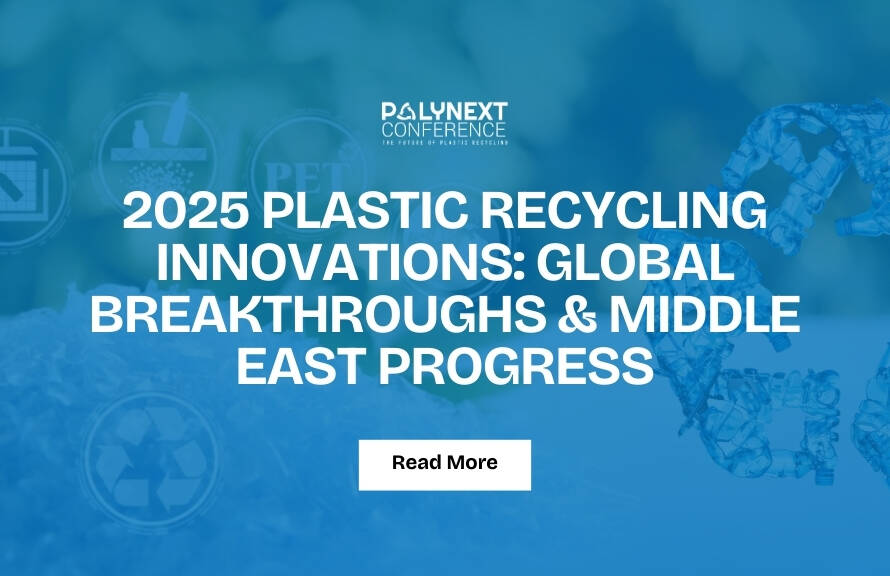Discover how Deposit Return Schemes (DRS) are cutting coastal litter worldwide. From Ireland’s record-clean beaches to India’s new pilots, explore global success stories driving recycling and marine protection.
Introduction
Plastic bottles and drink cans are among the most common sources of plastic waste, polluting not only coastlines but also cities, rivers, and natural landscapes worldwide. Deposit Return Schemes (DRS), which add a small refundable deposit—or reward-based incentive—to drink containers, have proven to be one of the most effective solutions.
By motivating people to return containers instead of discarding them, DRS dramatically increase recycling rates, cut plastic leakage into the environment, and engage the public in waste reduction. From Europe’s clean beaches to the Middle East’s smart bottle return systems, these schemes are reshaping how communities manage plastic and protect both people and ecosystems.
Global Success Stories
Several countries show how effective Deposit Return Schemes can be.
Ireland: Since launching in February 2024, Ireland reached a 73% return rate in seven months, with IBAL surveys reporting the cleanest beaches in eight years and a 30% drop in bottles and cans.
Norway & Germany: Global leaders, with less than 1% of containers becoming litter in Norway and collection rates above 98% in Germany, keeping even busy coastal areas clean.
Other Cases: Lithuania boosted return rates from 34% to 92% in two years, Slovakia cut drink cans in litter from 20.5% to 2.2%, and South Africa linked DRS to cleaner beaches and stronger tourism.
Together, these results highlight how DRS consistently deliver dramatic litter reductions and higher recycling engagement across very different contexts.
UAE: Sparklomat-Powered Bottle Return Scheme
In Abu Dhabi, EAD’s Bottle Return Scheme, introduced in 2023 in partnership with Sparklo, deployed over 100 reverse vending machines (Sparklomats) to collect plastic bottles and aluminum cans. In 2024 alone, 23 million recyclables were processed—reducing plastic by 544 tonnes, aluminum by 18 tonnes, and avoiding over 3.5 million kg of CO₂ emissions. The program now operates across 280+ locations and collects up to 250,000 containers per day, offering rewards like grocery and taxi discounts instead of traditional deposit refunds.
India: Emerging DRS Pilots
India is beginning to test deposit refund systems in different contexts. In Uttarakhand, a digital DRS launched on the Kedarnath trekking route (2022) diverted over 160,000 plastic bottles from fragile Himalayan ecosystems, with refunds made via UPI or cash. The scheme later expanded to the Char Dham circuit.
In Kerala, a pilot starting in September 2025 introduces a ₹20 deposit on liquor bottles sold through Bevco outlets, refunded upon return. Using QR codes for tracking, the program aims to cut bottle litter in urban and coastal areas.
These pilots highlight India’s move toward scalable solutions, targeting both tourism-linked plastic control and urban packaging recovery.
Why DRS Works
Deposit Return Schemes consistently deliver:
Measurable reductions in plastic litter across coasts, cities, and public spaces.
Increased recycling participation and higher container return rates.
Clear environmental, economic, and community benefits.
A proven, replicable model for marine protection, public engagement, and circular waste management.
Dubai as a Hub: PolyNext 2025 and Beyond
Dubai’s leadership in sustainability is visible not only through on-ground initiatives but also in its role as host of global innovation platforms. A prime example is the PolyNext Awards & Conference 2025, scheduled for 1–2 October 2025 at Crowne Plaza Deira, Dubai, organized by Next Business Media.
PolyNext will bring together industry leaders, policymakers, and innovators to tackle challenges in plastic waste and recycling. Themes such as sustainable packaging, circular economy strategies, bioplastics, AI-driven waste sorting, and blockchain-based supply chain transparency will align closely with the same goals that drive Deposit Return Schemes.
The conference will feature keynote panels, technical workshops, and an innovation expo, capped by the PolyNext Awards, which will celebrate breakthroughs in recycling and sustainable design. With participants including Unilever, Emirates Biotech, and Earth5R, Dubai will reinforce its reputation as a hub where policy, technology, and community action converge to address plastic waste at scale.
By combining local bottle return programs with global platforms like PolyNext, Dubai will show how the Middle East can adapt international DRS success stories while contributing its own innovative models to the circular economy.
Conclusion
Deposit Return Schemes (DRS) have proven their value across Europe, Africa, and Asia by reducing plastic litter, boosting recycling rates, and supporting cleaner environments. Ireland’s cleaner beaches, Norway’s near-perfect collection rates, and South Africa’s tourism gains all showcase their impact. In the Middle East, the UAE demonstrates how technology and reward-based models can adapt DRS principles through initiatives like Abu Dhabi’s Sparklomat program. With Dubai hosting global sustainability platforms such as PolyNext 2025, the region is positioning itself as a hub for circular economy solutions. Together, these efforts signal that the Middle East is not only aligning with global best practices but also pioneering innovative approaches to recycling and waste management that can inspire adoption worldwide.




